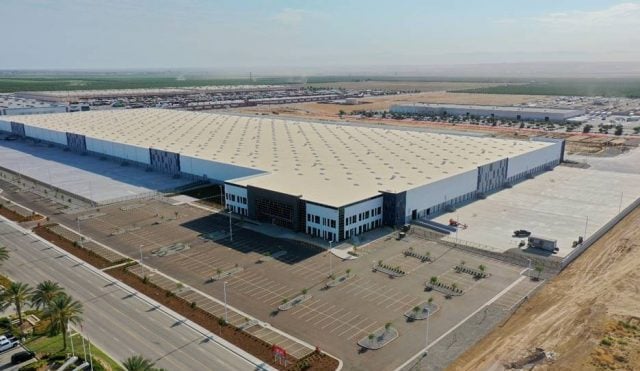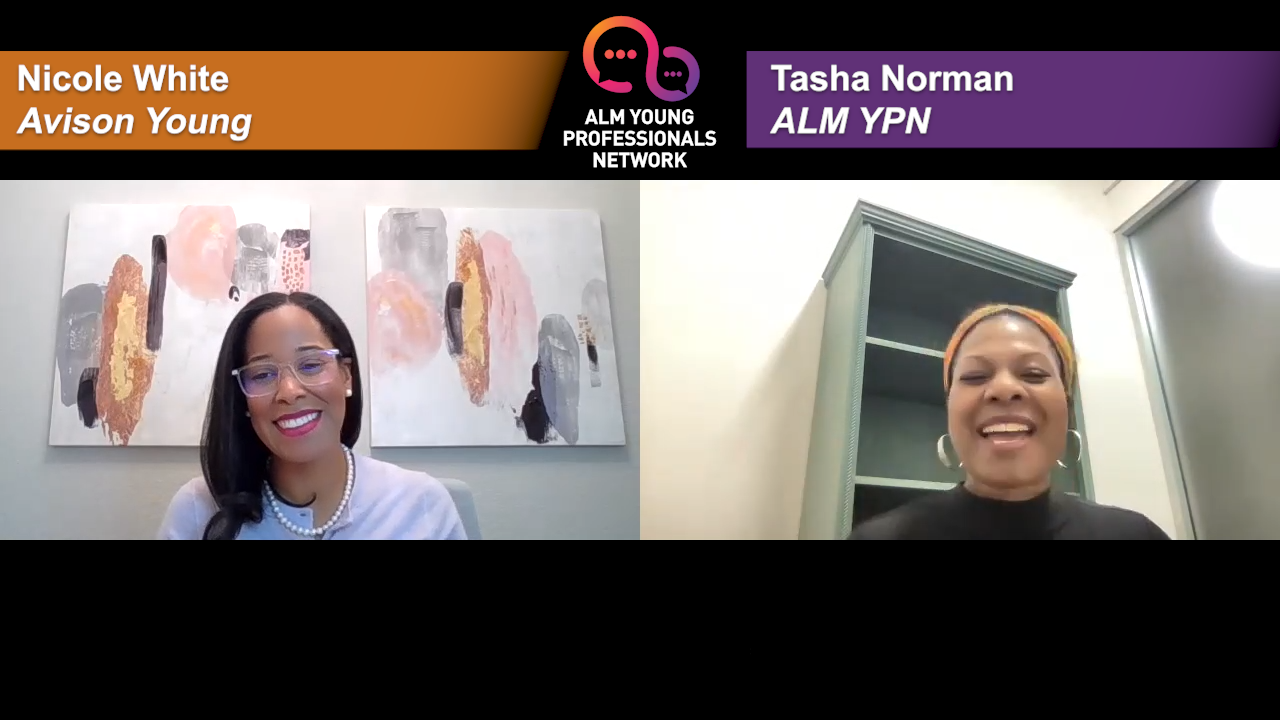BOISE, ID-Nearly every start-up begins in a garage, basement or home office. Some of today's largest technology companies fall into that category, including Google, Apple, Hewlett-Packard and Amazon. But, at some point hopefully, the start-up outgrows its humble beginnings and needs to lease office, retail or storage space in order to meet consumer demands. So says attorney Matthew Purcell, who exclusively spoke to GlobeSt.com on the subject.
The attorney in the business practice at law firm Perkins Coie LLP, located in the Boise, ID, office, says that a start-up can either find the right space itself or engage a commercial real estate agent to help it with the search. “It seems simple enough; after all, every company needs space and the basic terms with the potential landlord are straightforward, such as amount of space, length of term and rent,” he says. “However, it is once the basic terms are agreed upon and the landlord provides the proposed tenant with a lease agreement for the new space that most entrepreneurs breathe a deep sigh of exasperation.”
Commercial office or retail lease agreements can often run longer than 50 pages in length and seem like a daunting agreement full of legalese and “what ifs” for such a seemingly simple transaction, he explains. “Many entrepreneurs ask, “How can I avoid spending too much time or money on the lease agreement, while making sure that I am protected?”
GlobeSt.com: So what is the key to answering that conundrum?
Matthew Purcell: The key is found by focusing the most attention on the actual economics of the lease agreement. Typically, those “economic” provisions include the following:
• Rent. In addition to the actual dollar amount of base rent per square foot, you need to pay attention to what the base rent entails. Is the base rent the gross amount the tenant pays each month, or is the lease “net” -meaning the tenant must also pay (on top of base rent) real estate taxes, insurance, and maintenance expenses- or is the lease a combination of the two? Understanding the basics of the deal will help you better estimate what your actual monthly out-of-pocket lease expenses will be.
• Operating Expenses. Most office or retail lease agreements require the tenant to pay as additional rent (on top of the base rent) the tenant's proportionate share of the landlord's operating expenses for the building. Outside of the base rent per square foot, this is the most important economic term of the deal. Without any restrictions to what can be charged as operating expenses, certain landlords can get greedy with this term. A good leasing lawyer will pay for himself or herself by simply adding restrictions to what the landlord can charge the tenant as operating expenses and capping the amount that the operating expenses can increase year-over-year.
• Security Deposit. For a start-up, it is likely the landlord will require a security deposit. You should be prepared for some amount (likely one or two months' base rent) to be required.
• Personal Guaranty. Again, for a start-up, it is likely the landlord will ask for a personal guaranty in connection with the lease agreement. While the personal guaranty may be required, a good leasing lawyer can pare back the personal guaranty in a way that limits the entrepreneur's personal exposure.
• Tenant Improvement Allowance. A great way to accomplish improvements or build-out of the space is by negotiating a tenant improvement allowance with the landlord. In basic terms, a tenant improvement allowance is a type of landlord-financed method for creating the right space for your company. Just remember, nothing is free. More tenant improvement allowance also likely means higher base rent. However, some amount of tenant improvement allowance is negotiable as the landlord's way of incentivizing the tenant to lease the space. You will want to carefully review the terms of the tenant improvement allowance (there is often a claw-back mechanism if the tenant defaults) and the terms of the work letter that describe what improvements will be made, who is making the improvements, how long they will take and what materials will be used.
GlobeSt.com: What about the other provisions of the lease agreement?
Purcell: The other provisions of the lease agreement are also important, but they are more likely to be “what ifs” and do not with a certainty impact your wallet like the economic terms.
GlobeSt.com: Any advice you have on making changes to the lease agreements?
Purcell: It is important to note that the first draft of the lease agreement will be “landlord-friendly” and the landlord expects the tenant to have comments and changes to the first draft. Do not hesitate to push back on certain issues, particularly the economic terms.
Continue Reading for Free
Register and gain access to:
- Breaking commercial real estate news and analysis, on-site and via our newsletters and custom alerts
- Educational webcasts, white papers, and ebooks from industry thought leaders
- Critical coverage of the property casualty insurance and financial advisory markets on our other ALM sites, PropertyCasualty360 and ThinkAdvisor
Already have an account? Sign In Now
© 2024 ALM Global, LLC, All Rights Reserved. Request academic re-use from www.copyright.com. All other uses, submit a request to [email protected]. For more information visit Asset & Logo Licensing.








